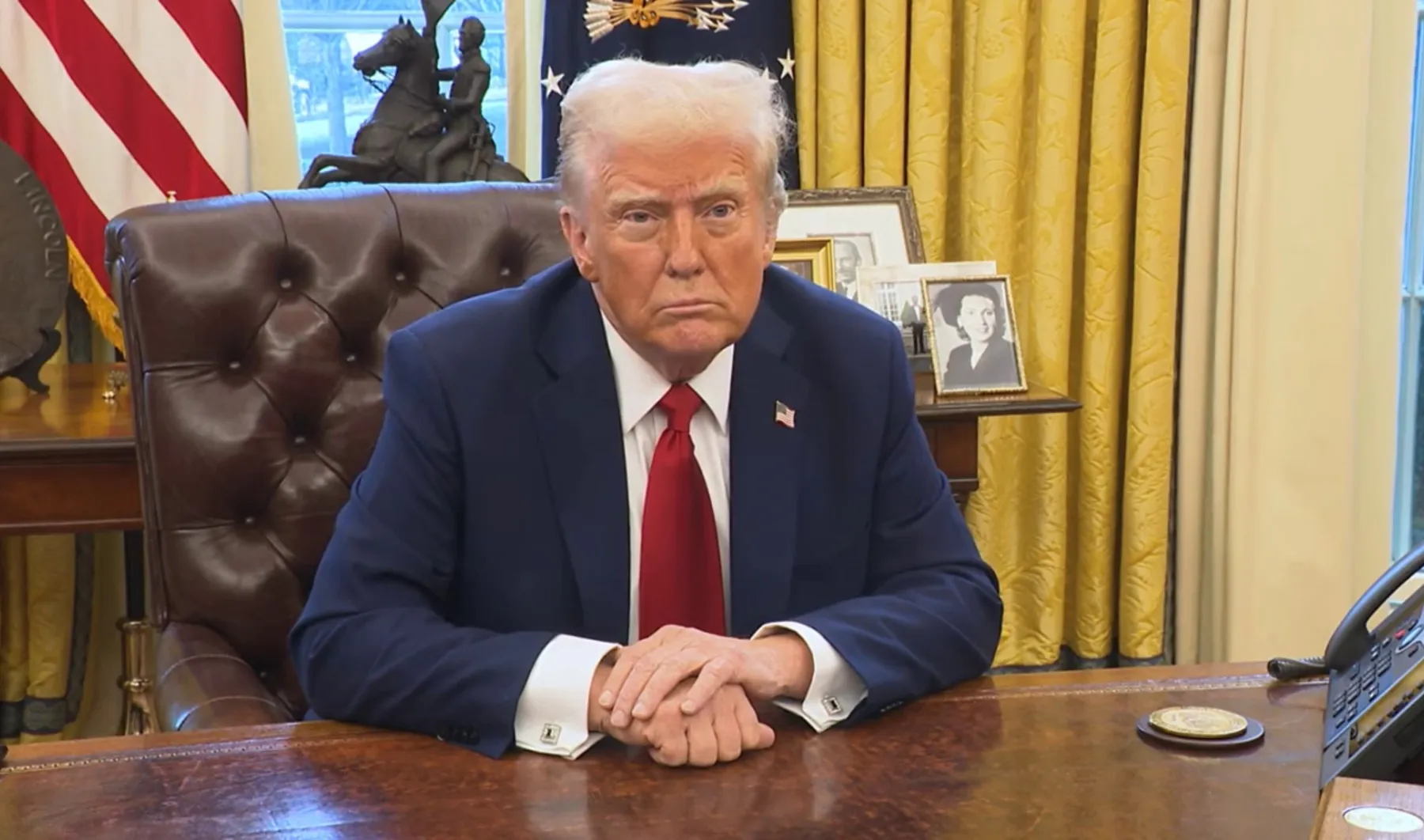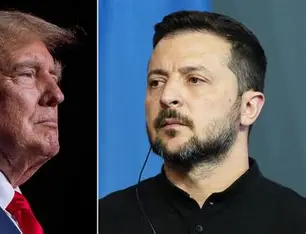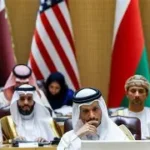No Shift in Moscow Despite Trump’s 50-Day Ukraine Deadline

Kremlin Rejects Pressure as Trump’s Ultimatum Draws Global Attention
Despite former U.S. President Donald Trump’s 50-day deadline to end the Ukraine conflict, Moscow has shown no signs of shifting its position. The Kremlin dismissed the warning as political posturing during an American election season, stating that Russian military operations in Ukraine will “continue according to plan.”
Trump’s ultimatum, issued during a press briefing in Washington, demanded that Russia reach a ceasefire within 50 days, or face sweeping international consequences if he returns to office. However, Putin’s government has responded with silence and skepticism, signaling no immediate diplomatic movement.
In an official statement, Kremlin spokesperson Dmitry Peskov downplayed Trump’s remarks. “Russia does not adjust national security strategy based on foreign campaign speeches,” he said.
Russian state media followed the same tone, calling the deadline a “symbolic gesture” with no official power. Analysts suggest the Kremlin sees Trump’s threat as premature, especially since he does not currently hold office.
Still, intelligence sources in Kyiv believe the message may have triggered internal discussions within the Russian military.
On the ground, Russian forces have intensified operations near Donetsk and Kharkiv. Ukrainian military officials report new missile attacks and troop movements, suggesting Moscow intends to hold its position regardless of international statements.
According to reports from Ukraine’s defense ministry, over 30 missile strikes were recorded in 24 hours. Civilian areas continue to suffer casualties, with humanitarian agencies struggling to provide relief.
Clearly, there has been no change in Moscow’s Ukraine strategy following Trump’s warning.
Several Trump-aligned U.S. senators and former officials defended the 50-day deadline as a way to “fast-track peace.” However, Russian officials remain unmoved.
Former Russian general Andrei Kartapolov told RT, “Deadlines don’t dictate battlefield decisions. Only strategy does.”
Despite the lack of official engagement, some European diplomats believe Trump’s tough stance could apply indirect pressure on the Kremlin in the months ahead, especially if global sanctions are discussed at G7 summits.
In Kyiv, government officials expressed cautious hope that Trump’s message might inspire action. However, they also acknowledged that Russia has not altered its posture or opened new peace talks.
President Zelensky’s office reiterated its readiness for negotiations, but “not on Russia’s terms.” For now, Ukraine continues to rely on U.S. and NATO support to maintain battlefield resilience.
In summary, there is no shift in Moscow despite Trump’s 50-day Ukraine deadline. The Kremlin remains firm in its approach, rejecting external ultimatums and continuing military operations.
Ultimately, Trump’s demand made headlines but has yet to create real movement on the ground.
As a result, the Ukraine war appears set to continue, with diplomacy hanging in the balance and pressure mounting from all sides.










